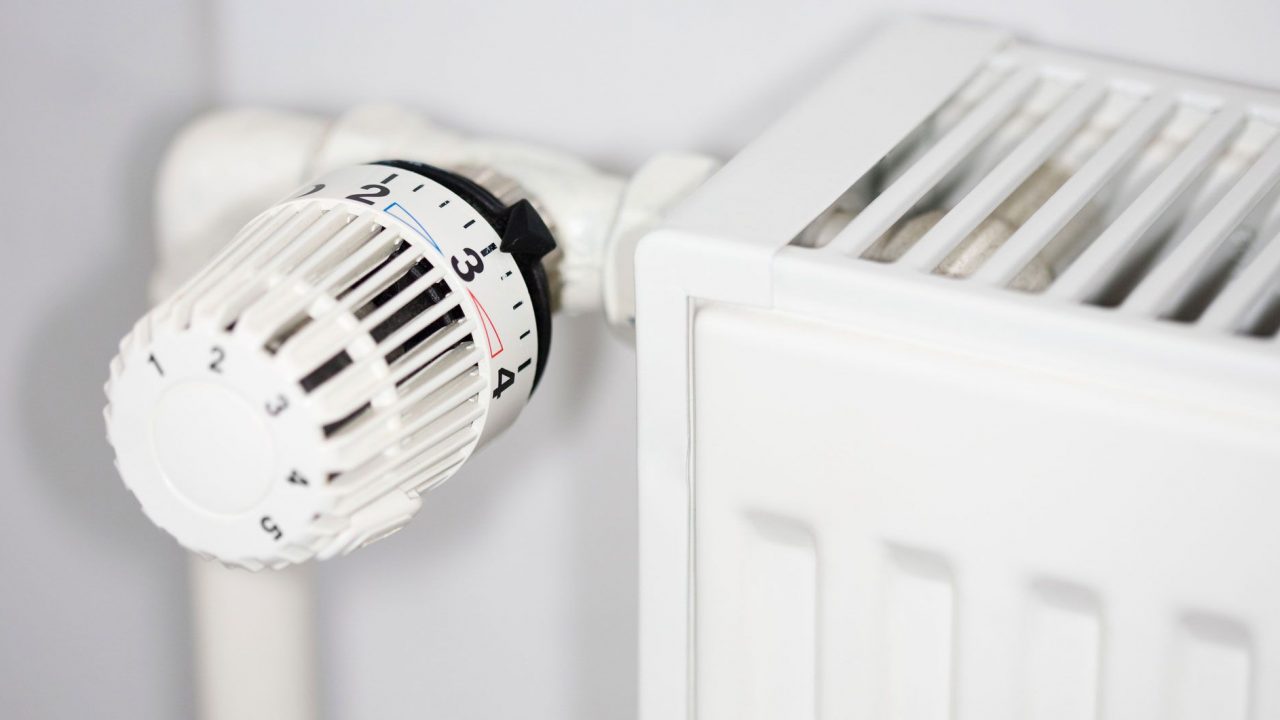Are you someone who currently resides in the United Kingdom and wants to know how many hours you should keep your heating system on? We all know that almost every house and apartment in the UK comes with a heating unit due to the cold weather.
The heating unit, if not taken care of properly, could charge you a lot in your bill. Hence in order to avoid such circumstances, it is best that you know when to turn on and off your heating unit. In this article, we will be talking about how many hours your heating is on. So without further ado, let’s dive right into it.
Table of Contents
The best temperature to keep your house in winter
Some individuals prefer to keep their homes warm, while others enjoy it cool. In terms of average UK bill pricing, those households will fall at various points throughout the spectrum. According to the World Health Organisation (WHO), UK households should maintain a room temperature of about 18°C during the winter.
The Energy Saving Trust says that you should always set your thermostat to the lowest comfortable temperature, with a target range of 18 to 21 °C, to help the fight against climate change. The health of you and your family may be at risk throughout the winter if your home is not adequately heated on a regular basis.
According to the WHO ( world health organization), a healthy, well-attired person needs a minimum temperature of 18°C. It has been founded through research that at certain temperatures like 24 Celsius, one could suffer from the cardiovascular risk of heart, 21 Celsius to 24 Celsius, increasing discomfort, and at around 12 – 16 Celsius, risk of respiratory disease.
How many hours should you keep the heater on in the UK?
Now you might be asking yourself the question; if the weather in the united kingdom is cold, how long should I keep the heater on without risking high utility bills? Well, it must be kept in mind that the government of England has made it abundantly clear that no one should keep their heaters on 24/7 as this could not only pose a serious threat to their health but could also cause unequal distribution of electricity. On average speaking though, the heaters in the UK are turned on for about eight to ten hours daily.
Most people turn on their heaters at night so that they could have a comfortable sleep but sometimes people divide the duration by half so that they can enjoy their regular day-to-day activities.
When the temper reaches extremely below that, there is no way to survive without a heater; then, some people opt for increasing the time their heaters are turned on. The peak of the heater is on during the hours between 7 am to 7 pm as everyone is awake at this time.
Best suitable temperature for different rooms in the house
Now that you know how long people turn their heating system on in the UK, you should also know about how the heating is managed throughout the house.
It is a common practice of people living in the UK to sit in one room at a time during winters so that they can keep the heater on and save on electricity bills.
Not just that, but by sitting in one room, they could ensure extra heat released by each other’s bodies be reserved, so they would feel less cold. Here are a few temperatures that individuals in the UK keep on.
- Living room 19–22°C: You don’t want it to be sweltering as you spend the majority of your time there in casual attire or PJs.
- Bathroom 23°C: Stepping out of a hot shower into a chilly bathroom is not enjoyable for anyone, but with under floor heating and a useful towel radiator, you can make your bathroom warmer than the rest of your home.
- Bedroom temperatures of 15-20°C appear modest in light of the WHO’s temperature-related cautions. But keep in mind that you spend practically all of your time here in bedclothes, which are naturally warm. You can find so much more available information on https://www.utilitybidder.co.uk/.
Home saving tips
Almost everyone out there in the country of England or other places tries to save bills on electricity so that they can spend it on something else. There are many tips and tricks out there that could help.
You save bills on money, and all in a while, not have to compromise yourself and your family from the comforts of being in a heated place.
- Reduce your thermostat by one degree. According to The Energy Saving Trust, doing so can help you save £80 annually.
- Improve the insulation of your home. You can stop your home from losing energy and spending less on electricity by installing loft insulation, filling cavity walls, and even adding letterbox bristles.
- Small lifestyle adjustments can make a big difference, so try lowering your washing machine’s temperature to 30°C, doing more dishwashing by hand, and defrosting your freezer sometimes.
- Get a smart thermostat – If you want to have more control over your energy use, a smart thermostat is a must-have. All of these tips that we have just listed could greatly help you feel comfortable while you are using the heater system in your home or apartment in the united kingdom.
Pattern of a heater on and off in different families
It must be mentioned that every family living in the UK has their own set of timings and schedules that allows them to control the amount of bill they receive at the end of every month.
There are a huge proportion of individuals who strongly believe that running the heating at a low temperature for an extended length of time is the best strategy for cutting down on energy costs.
The greatest strategy to conserve energy is simply to only use the central heating when necessary and to switch it off when not in use.
Another piece of advice is to activate the heating every other hour. When compared to having the heating on all the time, this allows you to choose the temperature but cuts down on the hours by half.
Moreover, we advise setting the heating to only turn on when you are actually home if you are out of the house during the day.
It could be a good idea to schedule the heating to turn on 30 minutes before your alarm goes off in the morning and to turn off 30 minutes before you leave. It is important timing the heating to switch off and start cooling down just before you leave because it does not need to be on the highest heat when you are leaving the house.






